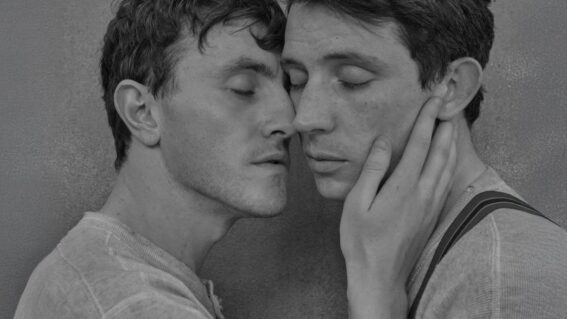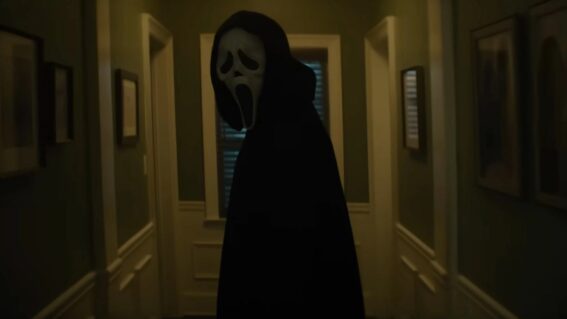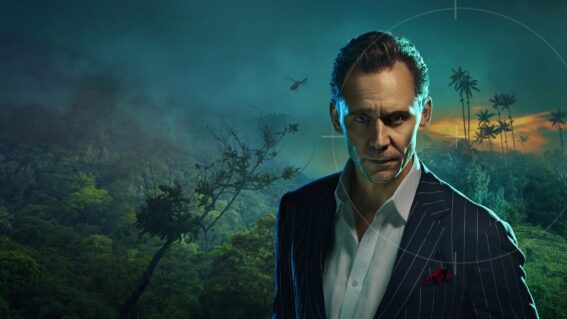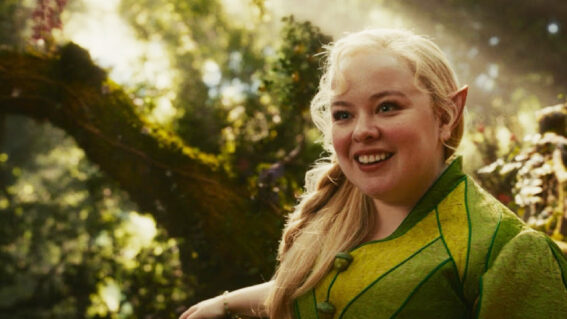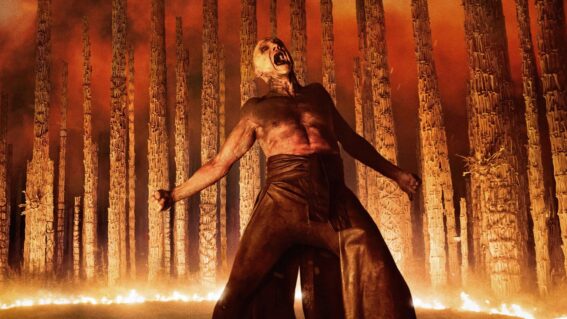Why are critics and fantasy fans so divided on The Rings of Power?
Whip out Anduril for an epic battle of opinions: is Prime Video’s astronomically expensive show worth its price tag?
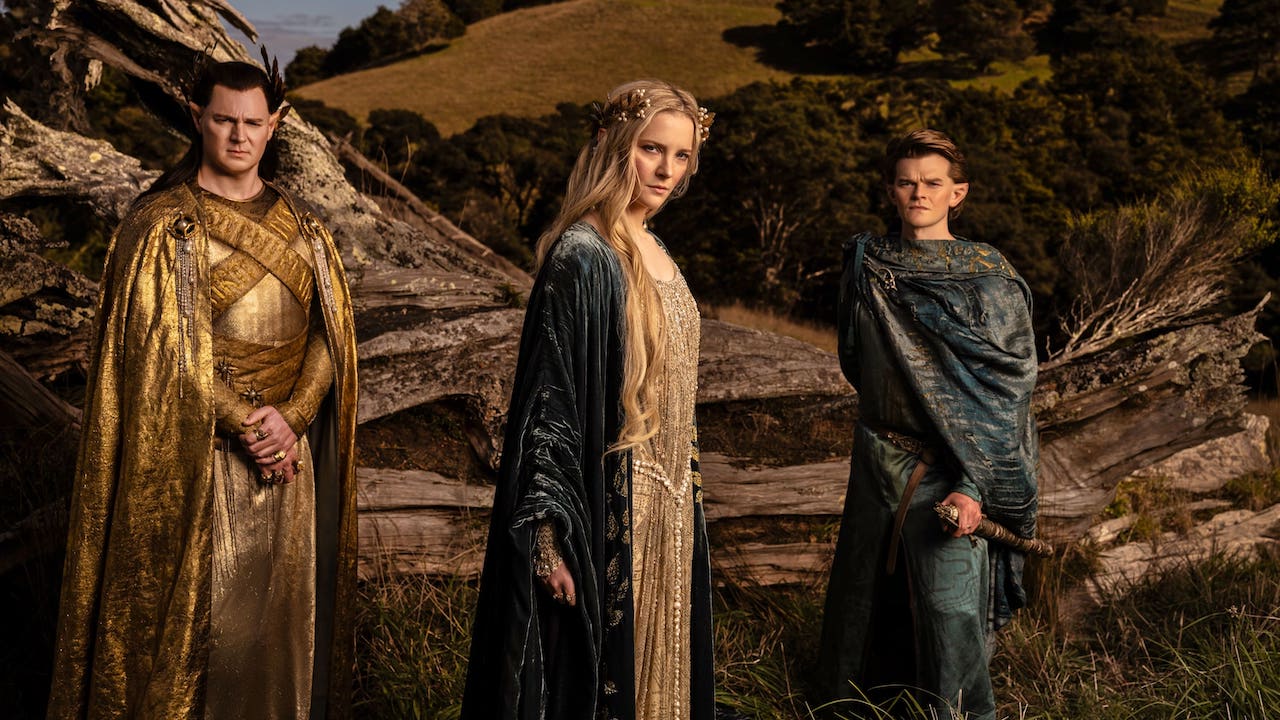
There’s something funny going on with Amazon’s wildly expensive Tolkien prequel series The Lord of the Rings: The Rings of Power on reviews aggregate site Rotten Tomatoes. Currently it’s got a fruity fresh rating of 84% from 230 certified critics, but 17166 “audience” users have scored it a stinky 39%.
What are our elf eyes seeing right now? It could be another instance of angry fans “review-bombing” a new franchise entry they feel goes against the values of the original text they love so much, as has happened with 2016’s female-driven Ghostbusters reboot or Star Wars: The Last Jedi.
Let’s break down the early reviews we’ve seen for the show so far, and find out the one opinion to rule them all (as if that exists…).
Critics say that, above all, the show is visually stunning
Here at Flicks, Stephen A Russell seemed entirely charmed by the story and look of Prime’s grandest release yet. He finished his review with the exclamation, “by Gandalf’s beard the show looks spectacular, with Oscar Faura’s sweeping cinematography bolstered by an army of computer artists making every moment a masterpiece.”
The New York Times agreed that the streaming series “immediately conjures the visual spell of the movies”, and The Guardian rudely said that the show’s “rich and gorgeous” visuals make competitor fantasy prequel House of the Dragon “look as if it has been cobbled together on Minecraft…It is easy to spend the first episode simply gawping at the landscapes, as it swoops and swooshes between the lands of elves and dwarves, humans and harfoots.”
Variety claimed that the obvious money and effort expended on the show still “feels more tangibly real than it does CGI creation”, singling out a scene of “an enormous, undulating sea monster creeping underneath a splintering raft”. So big A+ to premiere director J.A. Bayona, cinematographer Faura, and the countless special effects slaves chained in Jeff Bezos’ basement.
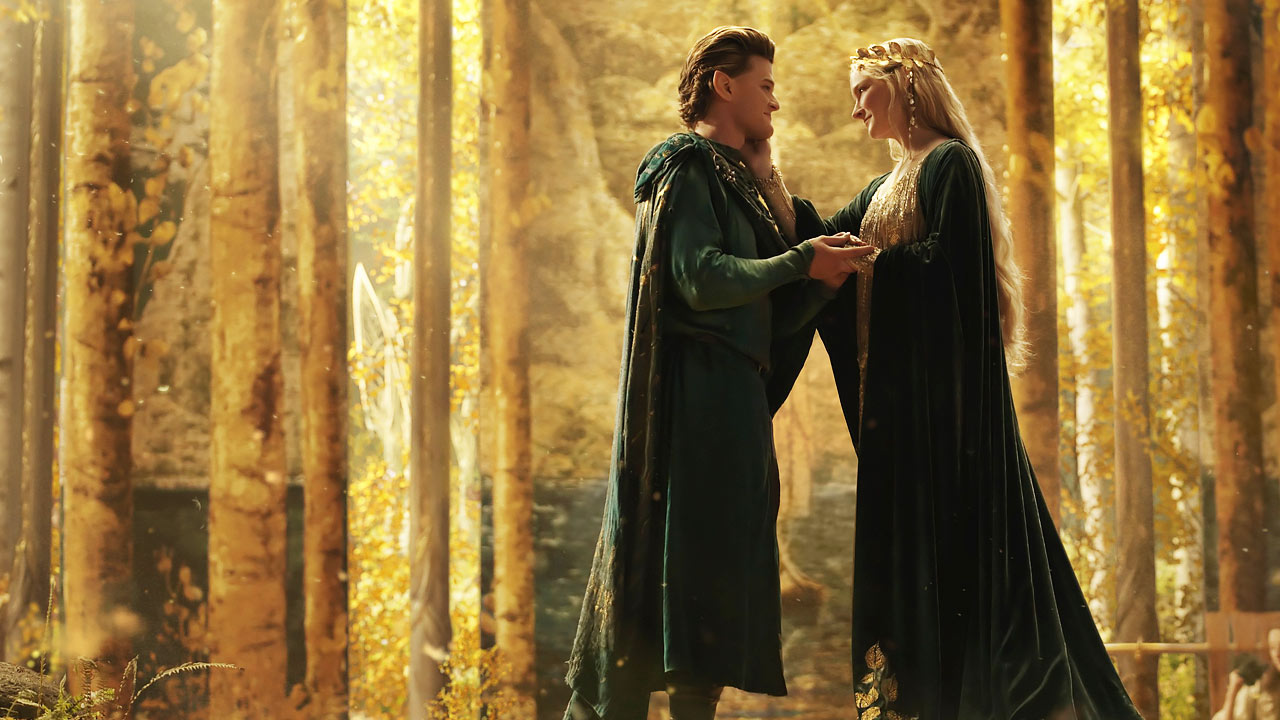
It’ll take a while to warm up to new characters
Stephen A Russell considered the large ensemble’s drama and comedy “goofy” and yet “intriguing”, genuinely compelled by the mystery laid into “solid world-building foundations” with “just the right amount of swashbuckling and plotting.” But many other reviewers worried about the realms of men, elves, Harfoot and dwarves being able to sustain a lengthy and episodic saga: “as Tolkien realized”, the New York Times related, “without characters of human scale (or smaller) that have the spark of personality, the doings of the high and mighty risk becoming stiff.”
The same publication was one of many to highlight Morfydd Clark’s ruthless role as a young Galadriel, calling her “interesting—and that’s what Rings of Power will need to be, more than faithful, to sustain itself over multiple seasons”. Entertainment Weekly was a tad harsher, crowning Clark “a rising star” before roasting that “the other characters are so lame I was rooting for the orcs”, in their roundly negative review which called Rings of Power a “catastrophe”.
Also Mashable compared the series’ themes and character introductions to the movie Cats, but interestingly not with any negative connotations. Meow.
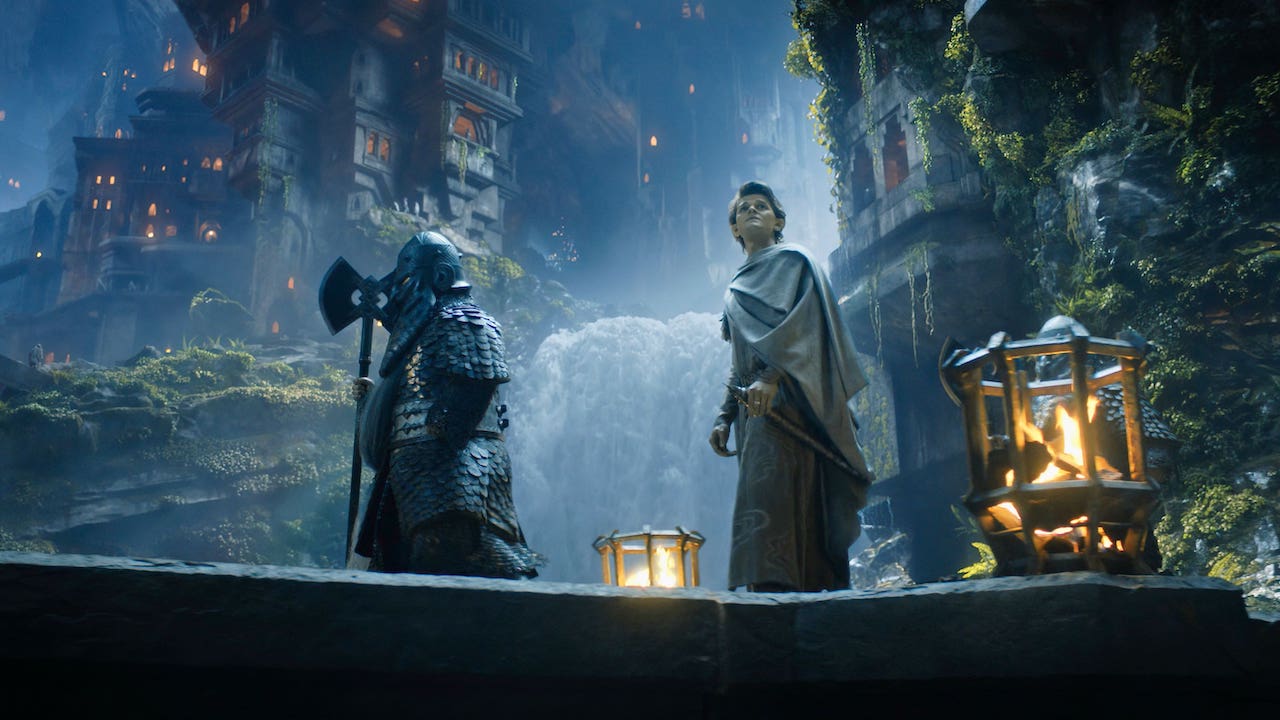
Giving fans too much of what they want, or not enough?
Angsty fanboys will disagree, but the New York Times seemed to find the Prime Video release pandering. “What money cannot buy is inspiration”, critic James Poniewozik felt: “In the growing field of franchise-based TV, it is generally meant to do the opposite: you’re buying the rights to give millions of fans another helping of whatever they’ve already eaten up.”
Entertainment Weekly‘s takedown took the same approach. “Obvious reference points do this show no justice”, they wrote: “the first two hours stick to seen-it-before places and boring situations.”
And here’s where we get to the crux of the massive binary between fan and critical opinions. For reviewers who have to watch hundreds of middling shows each year, feigning subjectivity and finding pros and cons in all of them, the furious fandom passion of viewers whose whole thing is Tolkien just isn’t part of the job description.
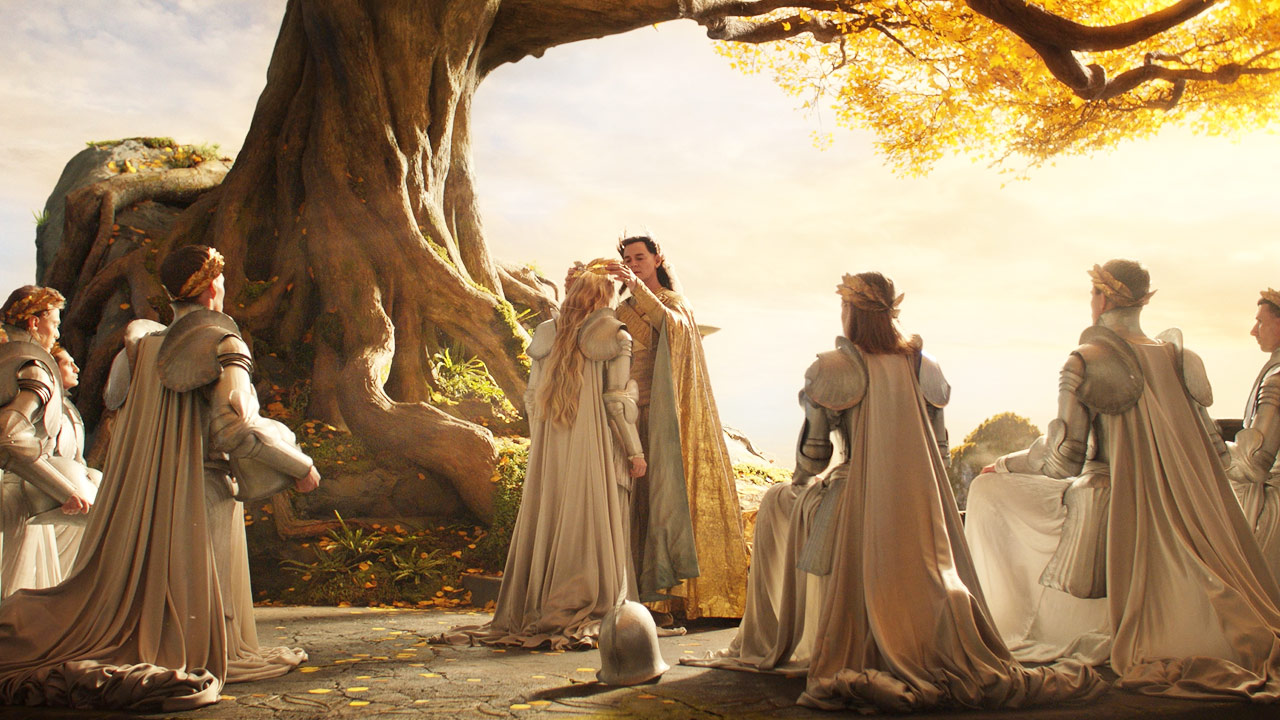
That’s why Rotten Tomatoes is displaying the frustrated feels of users like “Louie” (“worst mockery of established lore I’ve ever seen, a lot of logical fallacies derived from Middle Earth lore”) and “LeAnn” (“Amazon ruined a legend. The show is so far from Tolkien’s writing’s it’s not funny. I will not be watching the rest of it.”).
Those who are paid for their critical opinions seem to find that the show is condescendingly giving audiences a crowd-pleasing, fan-baiting product, and some factions of irritated fans couldn’t agree less. That’s without even getting into the “anti-woke” hate brigade, who already decided the prequel series was trash for casting characters of more diverse gender and race than Tolkien’s original text (lest we forget that The Hobbit has no female characters).
Welcome to billion-dollar TV
No review of The Rings of Power was able to make their point without acknowledging the astronomical cost Amazon has put into the product: when all five planned seasons are said and done, the production cost will top one billion dollars. Entertainment Weekly humorously noted that “Tolkien’s saga was anti-industrialization, which makes it hilarious that Rings of Power is an Amazon product. (Imagine Saruman throwing an Arbor Day party.)”
In case you’re wondering how much the Lord of the Rings Amazon series reportedly costs, it is roughly twice the entire budget of BBC Two for a whole year.
For one show.
— Scott Bryan (@scottygb) September 2, 2022
Taking that stunning budget into account, many early reviews were forced to consider whether The Rings of Power lives up to its price tag. The Guardian worried that “it is tough to view this as just another show. It is an event, a spectacle, but if it isn’t entirely perfect, does that make it a failure?”
Once a clip of the series’ opening titles was released, and immediately reminded viewers of Days of our Lives, Kath & Kim, or “how it feel to walk past ppl in a mall when ur high”, Prime Video’s financing was undeniably under attack.
it's giving kath & kim https://t.co/p3diG9Eltj
— Jamie Tram (@sameytram) August 31, 2022
We’re only a quarter of a fifth of our way through The Rings of Power, so there’s plenty of time (and money) to be spent before fans and critics can arrive at a true verdict on its success. All in all, let’s hope for improvement in some elements of this larger-than-life production—and thank our lucky stars that it could’ve been worse, as the Mandalorian-mocking Tweet below proves.
I like the new Lord of the Rings show but I thought Baby Gandalf felt a little desperate pic.twitter.com/Y0KMRsFjRw
— Dan Sheehan (@ItsDanSheehan) September 3, 2022
The Lord of the Rings: The Rings of Power - Season 1









